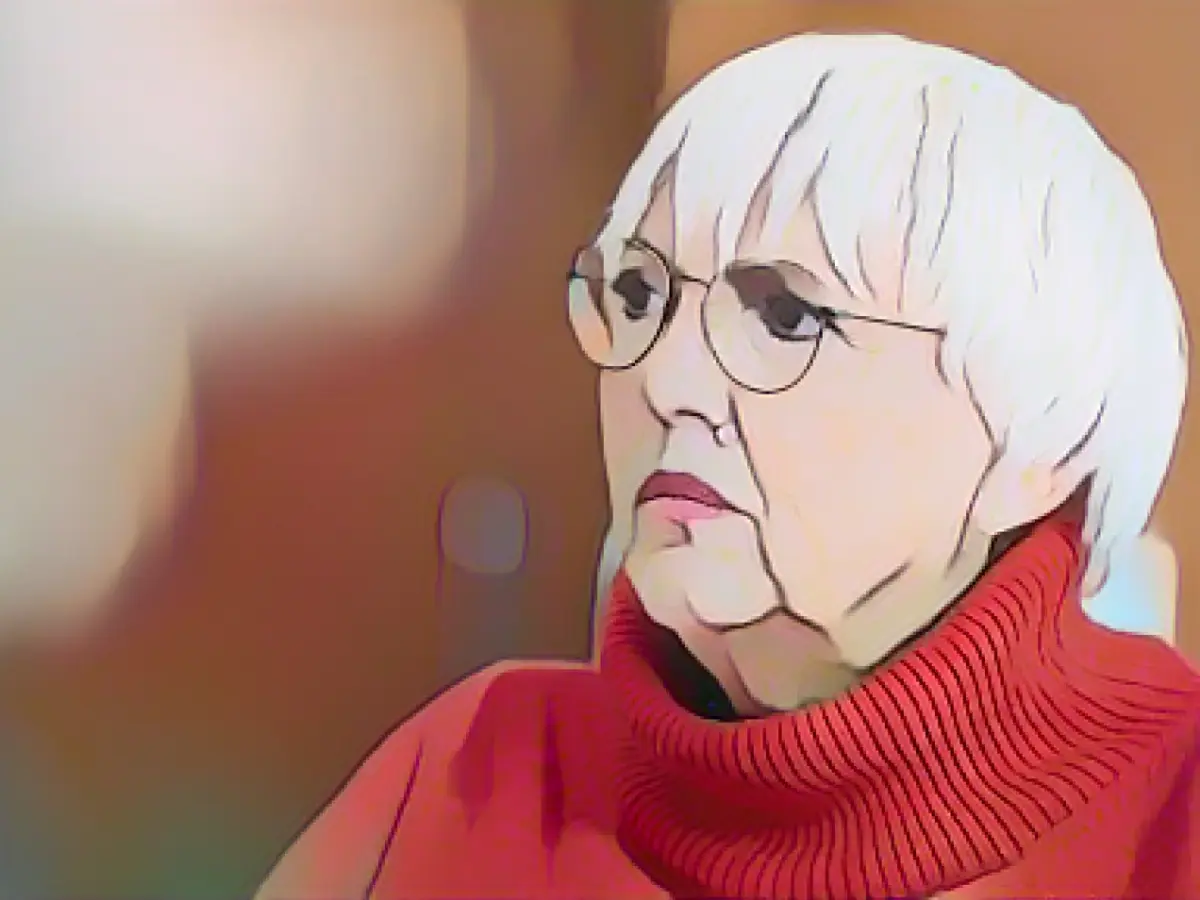Claudia Roth - Combining cultural promotion with cooperation on Nazi-looted property
In order to strengthen the Advisory Commission for the Restitution of Nazi-looted property, the federal government wants to link funding for cultural institutions to the acceptance of new approaches. "From January onwards, funding and project partners will be tied to the possibility of unilateral appeal," announced Minister of State for Culture Claudia Roth in Berlin.
The independent Advisory Commission in connection with the restitution of cultural property seized as a result of Nazi persecution, in particular Jewish property, was set up in 2003 by the federal government, the federal states and local authority associations. Its task is to mediate in the event of disputes over the restitution of cultural property seized as a result of Nazi persecution.
To date, the commission can only become active if it is called upon by both parties to the conflict. One side can therefore block the process through inactivity or a lack of understanding. This is seen as one of the reasons why the Commission has only mediated in 23 cases in 20 years. It is estimated that up to 600,000 works of art were stolen during the Nazi era.
Roth sees key issues for the reform: "The most important points are unilateral appealability, which is not yet a given today, as well as transparency, traceability and verifiability of the Commission's recommendations. In addition, the Commission should be allowed to initiate independent provenance research," she said.
According to the Green politician, "good talks" are underway with the federal states. "In addition, we in the federal government are working intensively on legal improvements to exclude the statute of limitations for Nazi-looted property, the determination of a central place of jurisdiction and a legal anchoring of the right to information."
A joint project between the Prussian Cultural Heritage Foundation in Berlin and the Bavarian State Painting Collections could have an impact on federal funding. In the dispute over the restitution of the 1905 painting "Madame Soler" by Pablo Picasso (1881-1973) to the heirs of Jewish art collector Paul von Mendelssohn-Bartholdy, the Munich museum authorities are resisting an appeal to the commission.
The heirs had demanded restitution in 2009. The Staatsgemäldesammlungen refer to provenance research, according to which the sale in 1935 to the New York art dealer Justin K. Thannhauser was not causally linked to the persecution of the family. According to the Staatsgemäldesammlungen, they acquired the painting from the dealer in 1964.
Info
Read also:
- Will he be convicted as Jutta's murderer after 37 years?
- He also wanted to kill his cousin
- With live stream! Gawkers film dying man
- Is Saarland threatened with economic collapse?
- Minister of State for Culture Claudia Roth highlighted the need for strengthening the Advisory Commission for the Restitution of Nazi-looted property in Germany, linking funding for cultural institutions to the acceptance of new approaches.
- The establishment of the independent Advisory Commission for the restitution of cultural property seized as a result of Nazi persecution, including Jewish property, was initiated by the federal government, federal states, and local authority associations in 2003.
- Despite being active in 23 cases over 20 years, the commission has been criticized for only mediating in disputes when both parties cooperate, with up to 600,000 works of art potentially stolen during Nazi era still unaccounted for.
- Roth emphasized the importance of unilateral appealability, transparency, traceability, and verifiability for the commission's recommendations, as well as the commission's right to initiate independent provenance research in the reform process.
- Collaborative efforts between the Prussian Cultural Heritage Foundation and the Bavarian State Painting Collections could impact federal funding, as the Munich museum authorities resist an unilateral appeal to the commission in the restitution dispute over Pablo Picasso's "Madame Soler" painting.
- The heirs of Jewish art collector Paul von Mendelssohn-Bartholdy first demanded the restitution of "Madame Soler" in 2009, but the museum authorities argued that the painting's 1935 sale to a New York dealer and 1964 purchase were not directly linked to Nazi persecution.
- The debate over Nazi-looted property and restitutions remains a crucial component of Germany's cultural policy, addressing the legacy of National Socialism, providing justice for its victims, and safeguarding the integrity and transparency of its museums.
Source: www.stern.de








